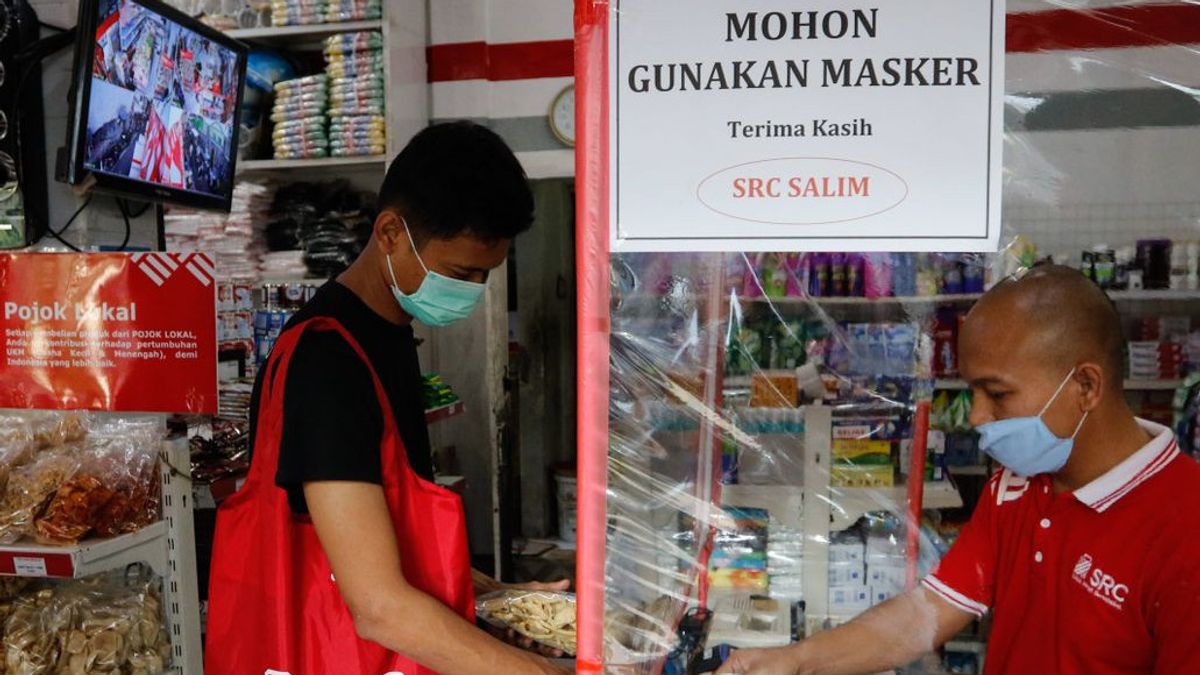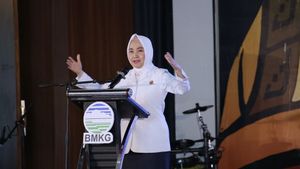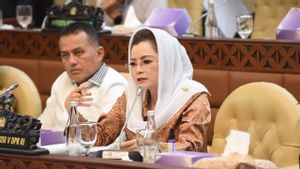JAKARTA - The Ministry of State-Owned Enterprises (BUMN) assesses that adaptation and innovation are the most important factors that micro, small and medium enterprises (MSMEs) must have if businesses in this segment want to advance in class.
Expert Staff for Finance and MSME Development at the Ministry of BUMN Loto Srianaita Ginting said that currently, MSMEs in Indonesia must be able to continue to innovate new products, innovate sales processes, innovate sales from offline to online to innovations in management.
Loto said that the Ministry of BUMN as one of the stakeholders in the development of MSMEs has taken several strategic steps to help MSMEs in Indonesia. Starting from building digital hubs for MSMEs to literacy and credit assistance for MSMEs in collaboration with state-owned enterprises such as BRI.
"The Ministry of BUMN is building PaDI UMKM, which is a hub for the UMKM Digital Market where UMKM players can market their products through the PaDI channel. In addition, the Ministry also provides digital development to MSMEs through 244 SOE Homes throughout Indonesia, then provides Digital MSME Credit. , to the construction of a Digital Mall with BRI, "he said, in a written statement received by VOI, Friday, October 23.
So far, said Loto, MSMEs in Indonesia are still trapped in the same problem and still cannot be handled thoroughly. According to him, the problem was exacerbated by the COVID-19 pandemic.
"The problems of MSMEs in Indonesia that make MSMEs lag behind big businesses are due to limited capital, availability of raw materials, distribution and marketing, licensing and administration, conventional financial management, and limitations in innovation. But now these problems are getting heavier due to conditions. pandemic, "he explained.
For your information, the results of a survey conducted by the Mandiri Institute and the Ministry of BUMN stated that in fact, MSMEs that first entered the digital or online ecosystem were stronger, especially in difficult times like now. In fact, online MSMEs have a durability of more than 3 months compared to offline MSMEs.
In terms of online MSME turnover tends to be more stable where only 6.6 percent of MSMEs have experienced a decrease in turnover due to COVID-19. Meanwhile, 70 percent of offline MSMEs experienced a decrease in turnover of more than 50 percent.
Not only that, the results of this research also show that as many as 70 percent of offline MSMEs apply for credit restructuring compared to online MSMEs which are only at 43 percent.
The English, Chinese, Japanese, Arabic, and French versions are automatically generated by the AI. So there may still be inaccuracies in translating, please always see Indonesian as our main language. (system supported by DigitalSiber.id)













